Editorial
Inviting junior researchers to contribute to ACI Avances en Ciencias e Ingenierías
ACI Avances en Ciencias e Ingenierías
Universidad San Francisco de Quito, Ecuador
ISSN: 1390-5384
ISSN-e: 2528-7788
Periodicity: Bianual
vol. 15, no. 2, 2022
Received: 18 October 2023
Published: 21 November 2023
Corresponding author: elantsoght@usfq.edu.ec

This work is licensed under Creative Commons Attribution-NonCommercial 4.0 International.
As we (editors and USFQ Press staff) have carried out various activities to improve the experience of the users of ACI Avances en Ciencias e Ingenierías (our authors, readers, reviewers, and editors), I would like to extend a special invitation to junior researchers to contribute articles to our scientific journal.
ACI Avances en Ciencias e Ingenierías is working on obtaining indexation in various internationally renowned databases. For example, our journal is not yet indexed in Scopus. As such, junior researchers may find it less intimidating to submit their article to ACI Avances en Ciencias e Ingenierías.
Among the benefits of submitting to our journal, the editors of ACI Avances en Ciencias e Ingenierías can give personal feedback to authors when needed. For those authors to whom the review process is not clear, we provide explanations and assistance as necessary. I am convinced that all researchers are capable of publishing articles, but that sometimes the unwritten rules of academic publishing (which forms part of the hidden curriculum of academia) form a barrier to publication. As editor-in-chief of ACI Avances en Ciencias e Ingenierías, I prefer to explain the expectations to authors, rather than to desk reject a submission because it does not tick all the boxes.
Over the past months, I have worked with authors by helping them understand the various steps in the editorial workflow. With great pleasure, I have explained the expectations for submissions and the function of the similarity report, provided guidance on the expectations on the letter with replies to the reviewers, and explained the various steps after article acceptance. I would like to iterate to junior researchers that I would be happy to guide them through the process as well. At no point would I interfere with the technical contents of a submission; rather, I am here to make the academic publishing process clearer to those who may not be familiar with it.
To shine a light on the peer review process and academic publishing in general, the staff at USFQ Press and I have organized various workshops at Universidad San Francisco de Quito for all faculty members specifically geared towards explaining the inner workings of the editorial workflows and the peer review process. We have also organized a training for students on how to write scientific articles for publication. I hope that these trainings will serve our community of researchers and that we will be able to welcome contributions from our junior faculty members and students in the upcoming period.
I would also like to clarify that ACI Avances en Ciencias e Ingenierías receives a variety of submissions, including traditional research articles, short communications, and reviews. For those who are interested in sharing the findings of a research project of small scope, or a particular observation, a short communication can be the right type of submission. Moreover, as short communications are more limited in scope, they can be a great opportunity to get a first experience with the peer review process and publishing in a scientific journal. For those who are starting a new line of research, or who have carried out a preliminary or feasibility study, a review article can be an excellent way to communicate the findings to the broader scientific community.
I would like to conclude by repeating that publishing in academic journals is possible for all those who carry out research: students and faculty members alike. If you want to gain experience with this process, know that with ACI Avances en Ciencias e Ingenierías we are willing to guide you through the peer review system with personalized advice. We highly value the contributions of junior researchers, and as such, I hope to read about your work, your thoughts, and your insights in a future issue of ACI Avances en Ciencias e Ingenierías.
Author notes
elantsoght@usfq.edu.ec

